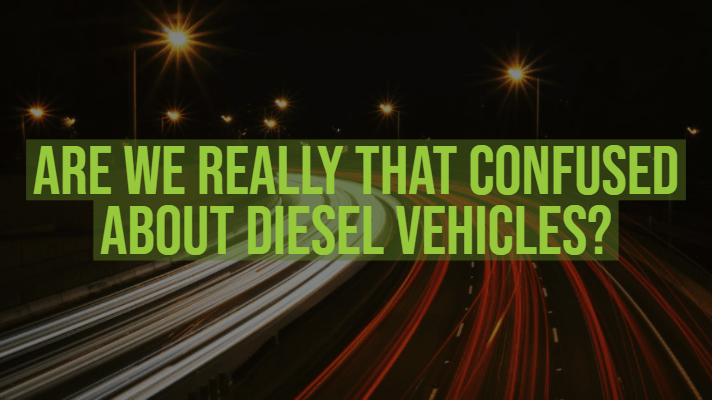Are We Really That Confused About Diesel Vehicles?
Well, the head of Land Rover thinks that we’re confused about diesel vehicles, at least. At the SMMT’s International Automotive Summit in June, Jeremy Hicks, managing director of Jaguar and Land Rover, criticised calls to ban diesel vehicles from cities, saying that they unfairly targeted private vehicles.
People were deciding to forgo diesel cars, even as early as 2014. Particle traps that supposedly helped the car release fewer toxins sometimes didn’t work. Diesel cars produced lower levels of carbon dioxide than petrol cars. Although they had a worse effect on human health, it reduced the impact on climate change,
Diesel cars also produce high amounts of nitrogen oxides. This can inflame and irritate the respiratory system in animals and humans, as well as contribute to air pollution. However, petrol vehicles are the ones negatively affecting the climate more—so why are diesel cars the ones being singled out?
Jeremy Hicks might be right. It could be that the world is confused about diesel. They may believe that air pollution is the single most important issue when buying a car. Car technology has also sped up since the Volkswagen emissions scandal. Hicks claims that newer diesel models almost completely eliminate nitrogen oxides and bring them in line with petrol cars.
How Can The World be Informed on Diesel Vehicles?
Cities debating if they should ban diesel cars, including Stuttgart and London, could be a cheap trick by politicians to score points without having to do anything too hard.
The question is likely to be visited in more detail if a serious proposal for scrapping diesel cars entirely goes ahead. The scheme could cost up to £6 billion. Therefore, it’s likely that more investigation would be needed before anyone went ahead with such a drastic move. Unless a similar scandal to the 2015 Volkswagen emissions case hits petrol cars, it’s likely that the world will keep being confused about diesel fuel and its effects for a long time.

